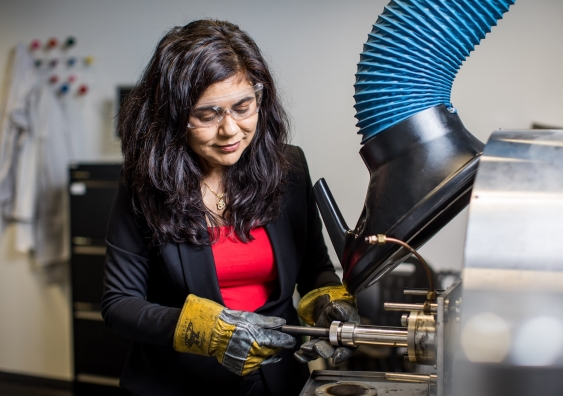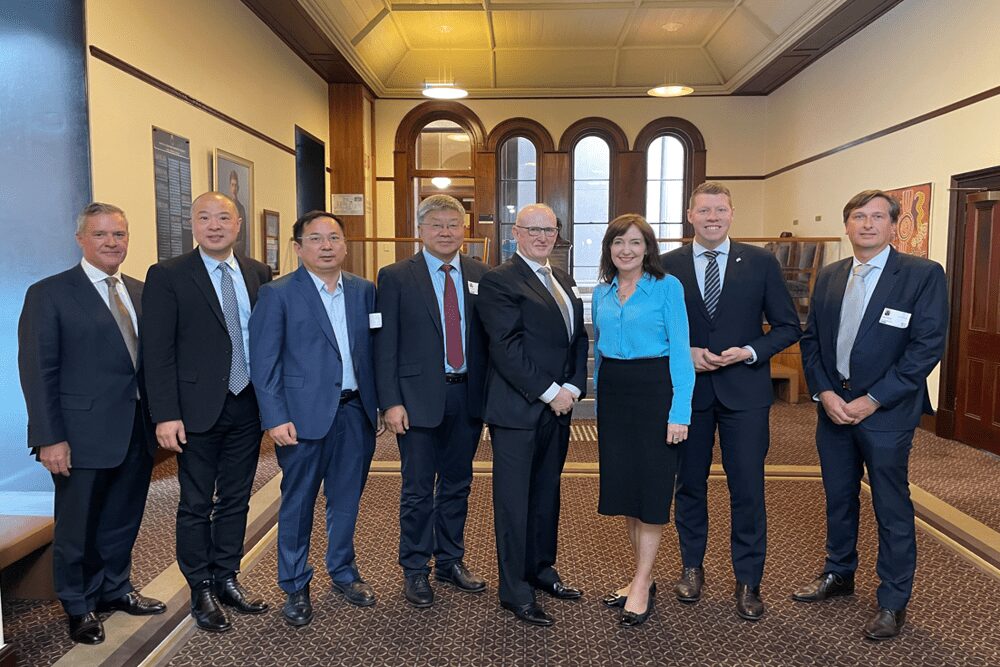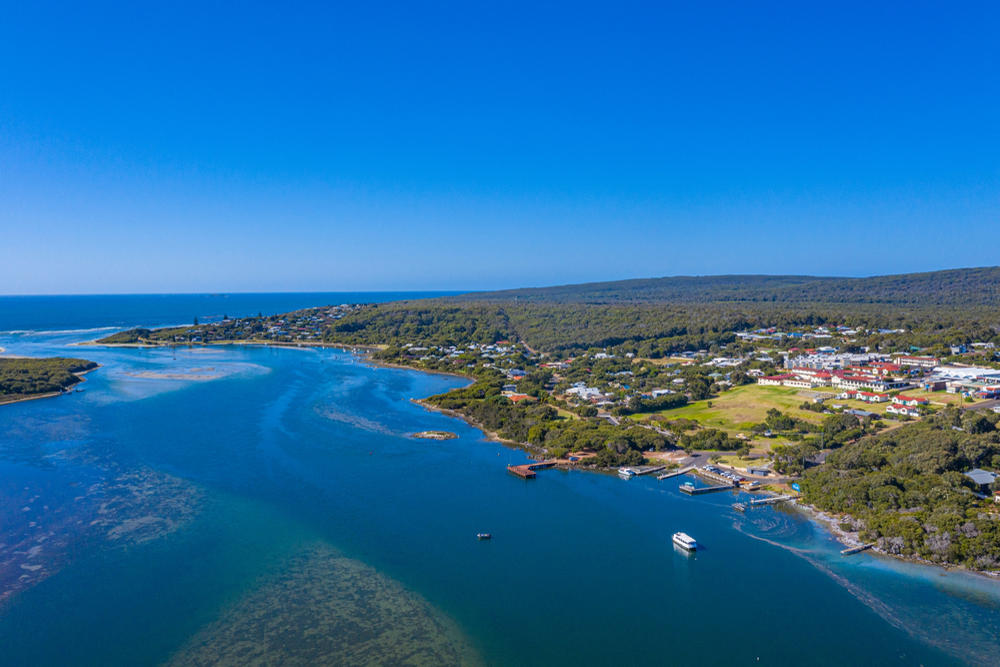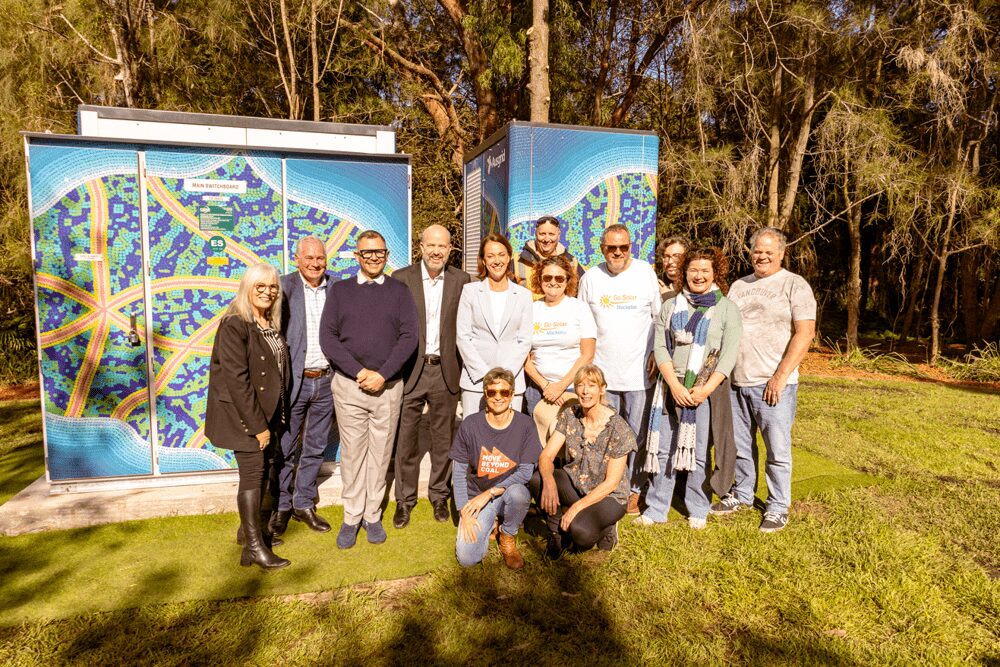
UNSW Professor Veena Sahajwalla will spearhead a new national research centre investigating technology for waste reduction and materials processing.
UNSW will take a lead role in national research into sustainable communities and waste, as part of the Australian Government’s $149 million second phase of the National Environmental Science Program (NESP).
The Sustainable Communities and Waste Hub will be led by Australian Research Council Laureate Scientia Professor Veena Sahajwalla, a materials scientist, engineer, inventor and a founder and director of UNSW’s Centre for Sustainable Materials Research and Technology.
The Centre has pioneered micro-factories for turning plastic waste into 3D printing material, green-steel technology that recycles tyres and plastics, and transforming textile waste into tiles and benchtops.
Professor Sahajwalla said she was delighted with the Federal Government’s announcement of four mega-science hubs, with waste a key priority.
“Waste and recycling have been made a national agenda item by government and through this new hub we will create actionable knowledge, methods, tools and data for transformation towards circular economies in our cities and regions,” she commented.
“Our capabilities, proposed research activities and transition pathways will deliver the environmental, social and economic outcomes and impacts that are sought by the NESP which funds the hub.”
The Sustainable Communities and Waste Hub consortium is comprised of six research institutions led by UNSW Sydney, and working in partnership with the Commonwealth Scientific and Industrial Research Organisation (CSIRO), Monash University, Swinburne University of Technology, Curtin University and the University of Tasmania.
It will coordinate research on reducing the impact of plastic and enhancing sustainable people-environment interactions, develop ways to minimise impacts of hazardous substances and pollutants and deliver cutting-edge technical capabilities, particularly in the fields of waste and materials processing.
Professor Sahajwalla said Australia is world-leading in economic performance, health and liveable cities, but this comes at significant environmental cost with per-capita material, carbon and water footprints that are among the highest in the world.
“Every Australian generates 2.7 tonnes of waste a year, with only 58 per cent of that recovered from landfill, which is low by international standards,” she said.
“An estimated 87 per cent of plastic ends up in landfill. It is predicted that by 2050, 99 per cent of all seabird species will have ingested plastic from the marine environment. In addition to harmful environmental impacts, these losses equate to lost value in materials from the supply chain, that are replaced with virgin materials, placing an additional burden on natural, human and economic resources. A 5 per cent improvement in the efficiency of our material use could benefit Australia’s GDP by as much as $24 billion a year.”
Professor Sahajwalla said value needs to be placed on the materials from which a product is made, and it needs to be recognised that these materials can be recycled or reformed.
“At present, there is a focus on waste management at one end of the supply chain, with an emerging recycling and manufacturing industry at the other. New innovations and supply chains need to better link the two together to achieve the desired solution of recycling the materials of waste products so they can be reformed in our manufacturing industries,” she said.
“Protecting the environment and our health from hazardous waste, substances and pollutants is an ongoing challenge and we are all excited to be helping to address this challenge through this new Sustainable Communities and Waste Hub consortium.”
The NESP has for the past six years delivered practical environment outcomes through almost 400 successful science projects and helped to shape the nation’s environmental science agenda.
Research will be prioritised to meet the most pressing environmental management and policy needs, with an emphasis on climate adaptation, threatened species, protected places and waste impacts.
The new hubs will come into effect in early 2021, with the existing hubs running until mid-2021. This will ensure NSEP continues to deliver valuable research throughout the transition.
More information on the National Environmental Science Program can be found here.











